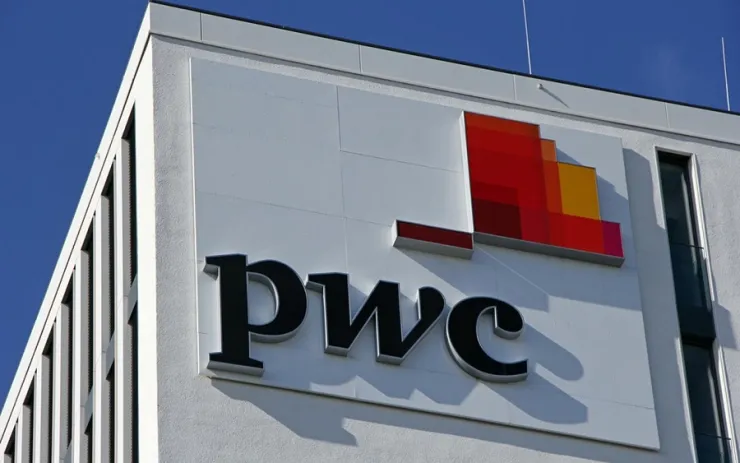PwC Nigeria has unveiled a comprehensive analysis through the Nigeria Economic Outlook report, offering a strategic vision for the nation’s economic landscape. The report identified nine pivotal trends set to shape Nigeria’s economic trajectory in 2024.
At the core of PwC’s vision lies the delicate balance between ambitious fiscal reforms and effective budget implementation. The report foresees a marginal decline in inflation alongside a promising 3.1 per cent rise in GDP, emphasising the crucial alignment of fiscal and monetary policies to achieve stable prices and ambitious growth targets.
PwC’s pections illuminate the complex interplay between Nigeria’s revenue ambitions and external factors, particularly oil prices and reform execution. The report advocates for resilience, recognising that the success of revenue targets for 2024 depends on the nation’s adaptability to global dynamics.
Delving into monetary policy, the report acknowledged the multifaceted efforts of the Central Bank of Nigeria (CBN) to achieve price stability. Despite persistent inflationary pressures, PwC advocated the independent pursuit of inflation goals by the CBN, highlighting its pivotal role in maintaining a stable financial system.
While foreign portfolio investment remains cautious, PwC anticipates a positive upswing in Foreign Direct Investment (FDI) in 2024. The flourishing Information and Communication Technology (ICT) and Manufacturing sectors are identified as focal points for growth.
PwC also addressed potential hurdles, citing limited fiscal space for public investment and difficulties attracting private investments. Insecurity looms large, impacting national stability, economic activities, and investor confidence despite increased spending.
Expanding its focus globally, the report anticipates impacts from the Russia-Ukraine war, elections in key countries, and shifts in trade and capital flows. The report noted that these external factors could reverberate across the Nigerian economy, influencing inflation rates and food security.
As prices rise, PwC further predicted pressure on consumer spending in 2024, exacerbated by lower disposable incomes. Despite marginal improvement in private consumption, poverty levels are projected to rise to 38.8 per cent. The absence of a proportional minimum wage increase adds concern.
Closing with cautious optimism, PwC projects a 3.1 per cent GDP growth in 2024, fueled by sustained policy reforms, recovering oil production, and a proactive policy environment. The report outlined a forward-looking strategy, emphasising the resilience required to navigate the evolving economic landscape in the coming year.





